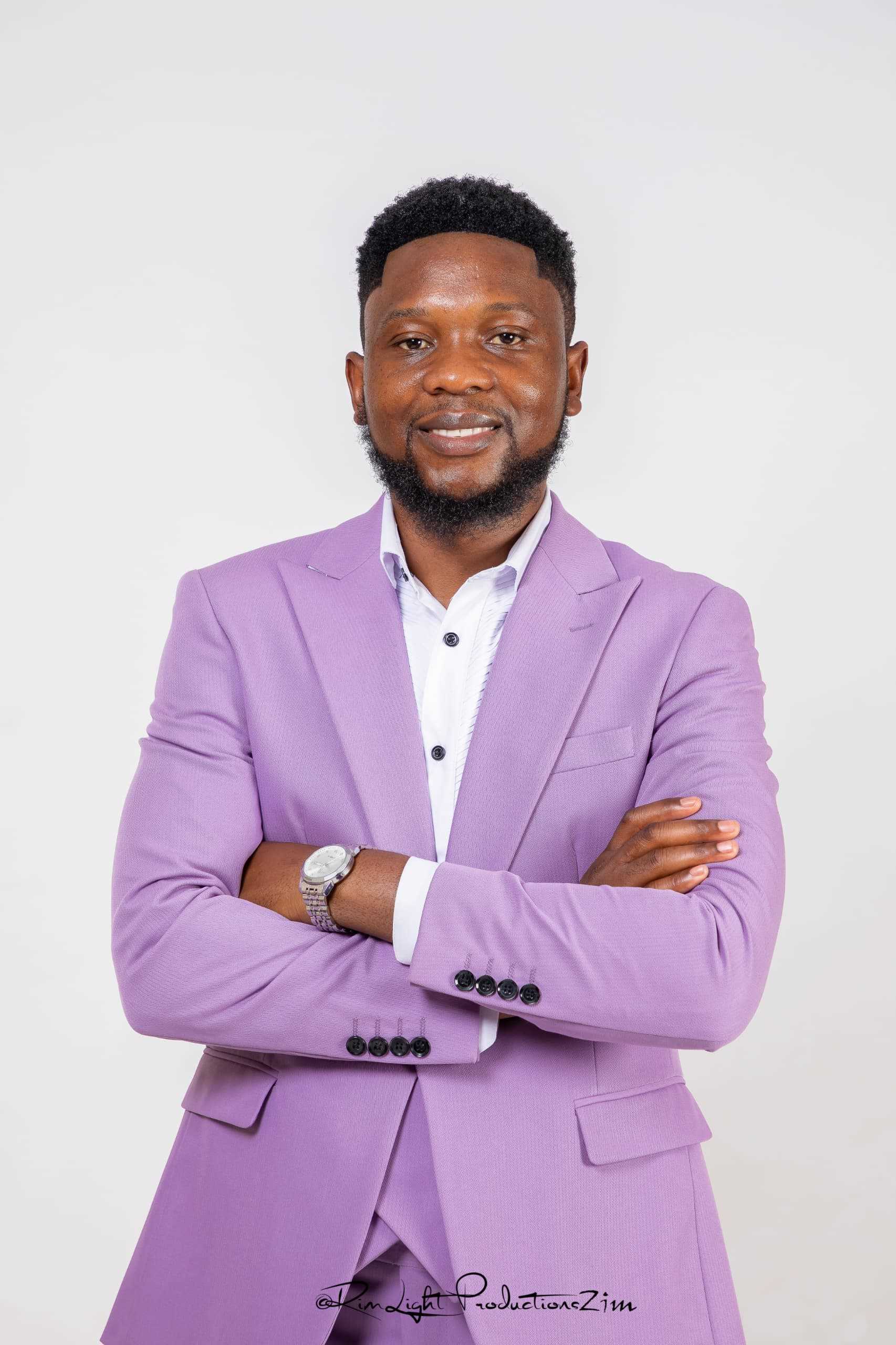
Rutendo Mazhindu- Zim Now Reporter
Despite growing mental health awareness in Zimbabwe, therapist Tawanda Karise says a concerning number of men continue to suffer in silence, burdened by emotional pain they feel they must carry alone.
“In my experience, most men do not come for therapy,” Karise shared. “Some feel pressure to appear strong all the time. They fear being labelled weak or not man enough if they express emotions or ask for help.”
For Karise, therapy was not a career chosen lightly — it was born from his own deep need for emotional safety, and a longing for spaces where one could speak freely without fear of shame or judgment.
“I grew up in the rural areas where people mostly turned to priests and church leaders for guidance,” he said. “While this provided spiritual comfort, many times the guidance was mainly biblical and didn’t fully address the emotional struggles people faced. It even left some people feeling ashamed as they were referred to the Bible.”
Now a practicing therapist, Karise says his approach is rooted in empathy and presence, rather than quick fixes. His mission: to offer the very thing he once longed for — someone to simply listen.
“My personal journey taught me the power of empathy and presence,” he said. “I know what it is like to carry emotional pain in silence, so I strive to create a space where people feel heard, valued, and understood. Instead of offering quick solutions, I walk alongside my clients as they explore their own healing and strength.”
This philosophy is especially critical when addressing men’s mental health — an area Karise believes remains one of the most urgent yet neglected.
“Toxic masculine norms discourage vulnerability. There’s this expectation that men should just push through or ‘man up’. So they carry pain silently. Some turn to alcohol, others become withdrawn. But underneath, there’s hurt that hasn’t been named or processed,” he explained.
While issues like depression, anxiety, grief, relationship breakdowns, and childhood trauma are common across all demographics, Karise said men often find it hardest to ask for help — despite facing these same struggles.
“Many believe that seeking help is a sign of weakness or failure,” he said. “This thinking keeps a lot of people suffering silently, afraid of what others will say if they find out they’re seeing a therapist.”
Karise is trying to change that mindset — one conversation at a time.
Related Stories
“For first-time clients, especially men who may be unsure or scared, I always begin by meeting them where they are,” he said. “I remind them that it’s okay to feel confused or afraid. I don’t pressure them to open up all at once — we take it slowly, at their pace.”
He also reinforces that therapy is not something done to them — it is something done with them.
“I explain that therapy is their space, not mine. I am an expert in therapy, but they are experts in their lives. They are in control of the process. Whether they want to talk, cry, or just sit quietly — all of that is welcome.”
He added, “We both sign a confidentiality agreement. That sense of privacy is important, especially for men who fear being seen as weak.”
For those who do take the leap, Karise said the results are often transformational.
“Those who come are often surprised by how freeing it is to talk without being judged,” he said. “Once they open up, many begin to realise the burden they have been carrying alone for years. Therapy gives them permission to feel, to be human.”
But while Karise celebrates these breakthroughs, he knows more must be done to make therapy widely accessible and culturally acceptable — especially in rural and conservative communities.
“I hope to see mental health support becoming more accessible and affordable, particularly in rural areas where help is scarce,” he said. “We need more community-based mental health services and more trained counselors who understand our local culture.”
He believes that the conversation around men’s mental health needs to start in everyday spaces — not just in clinics, but in churches, schools, workplaces, and homes.
“I dream of a society where talking about mental health is normal,” he said. “When leaders and families speak openly about mental wellbeing, stigma will break. I want to see a future where seeking therapy is not hidden in shame but celebrated as part of living a healthy, balanced life.”
As Zimbabwe continues to grapple with economic uncertainty and deep social pressures, Karise said emotional resilience is no longer a luxury — it’s a necessity.
“Our society has known silence more than it has known healing,” he said. “But it is in safe spaces — free of shame — that people begin to grow. We all need that space. We all need to be heard.”










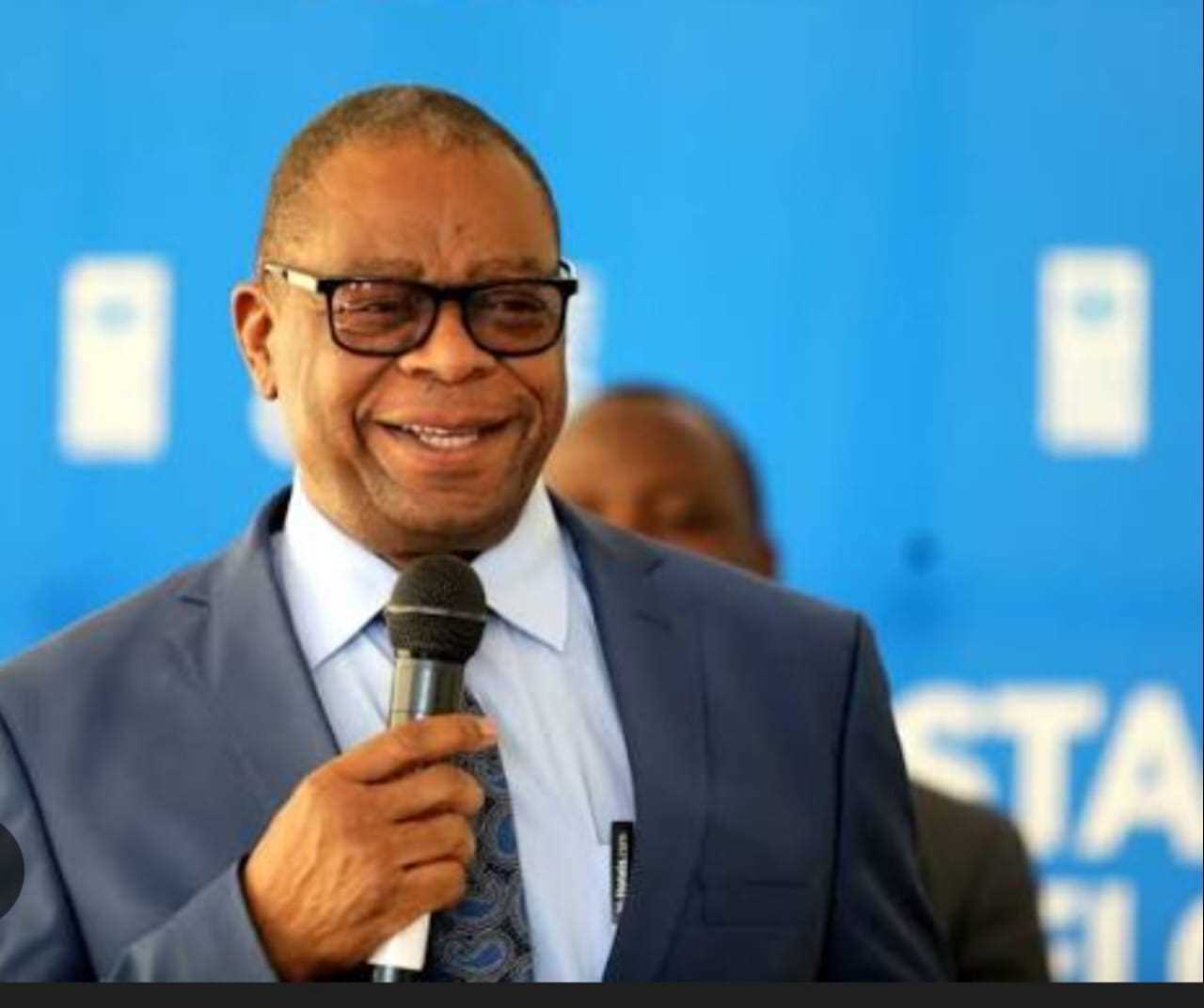
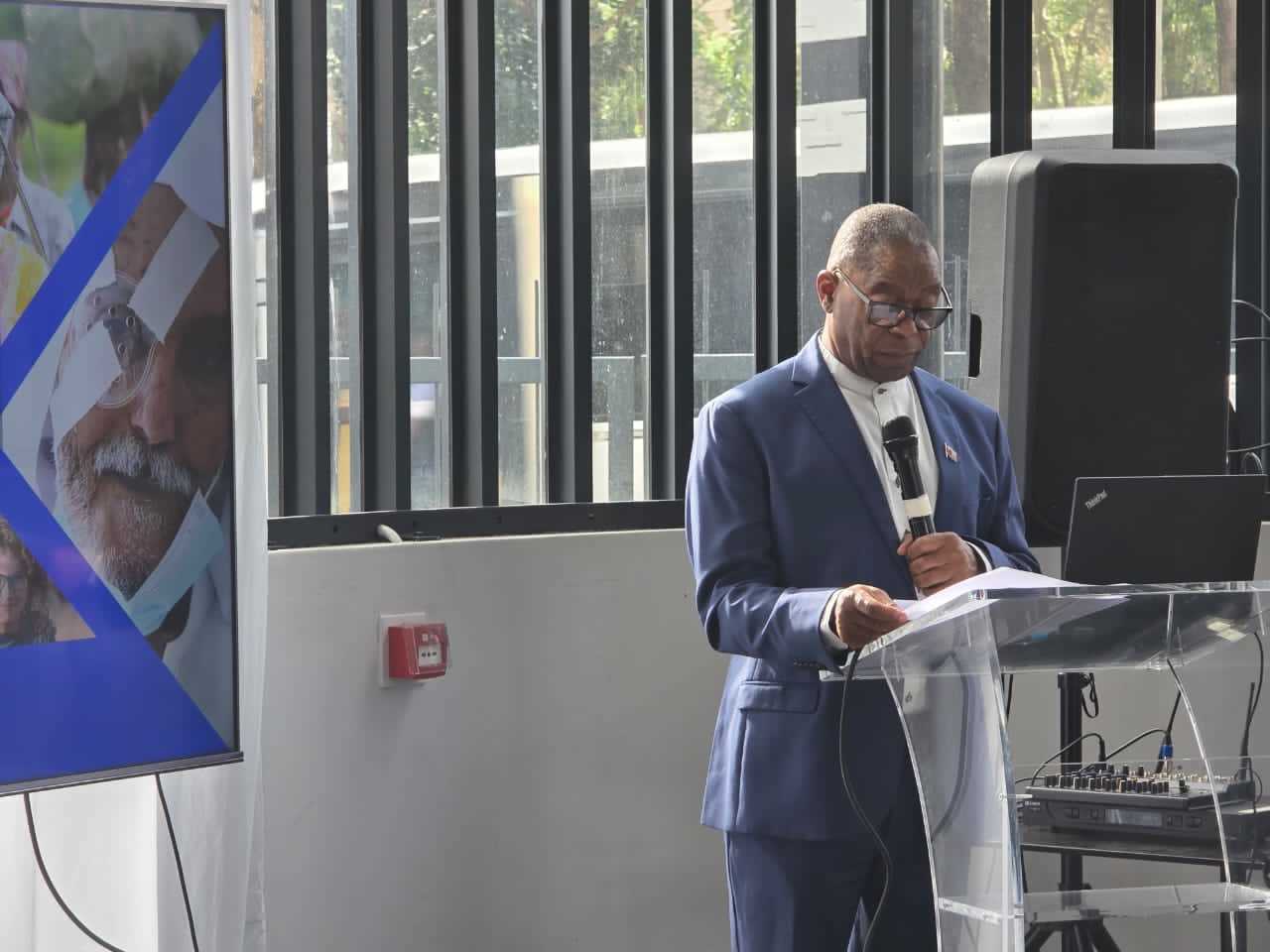
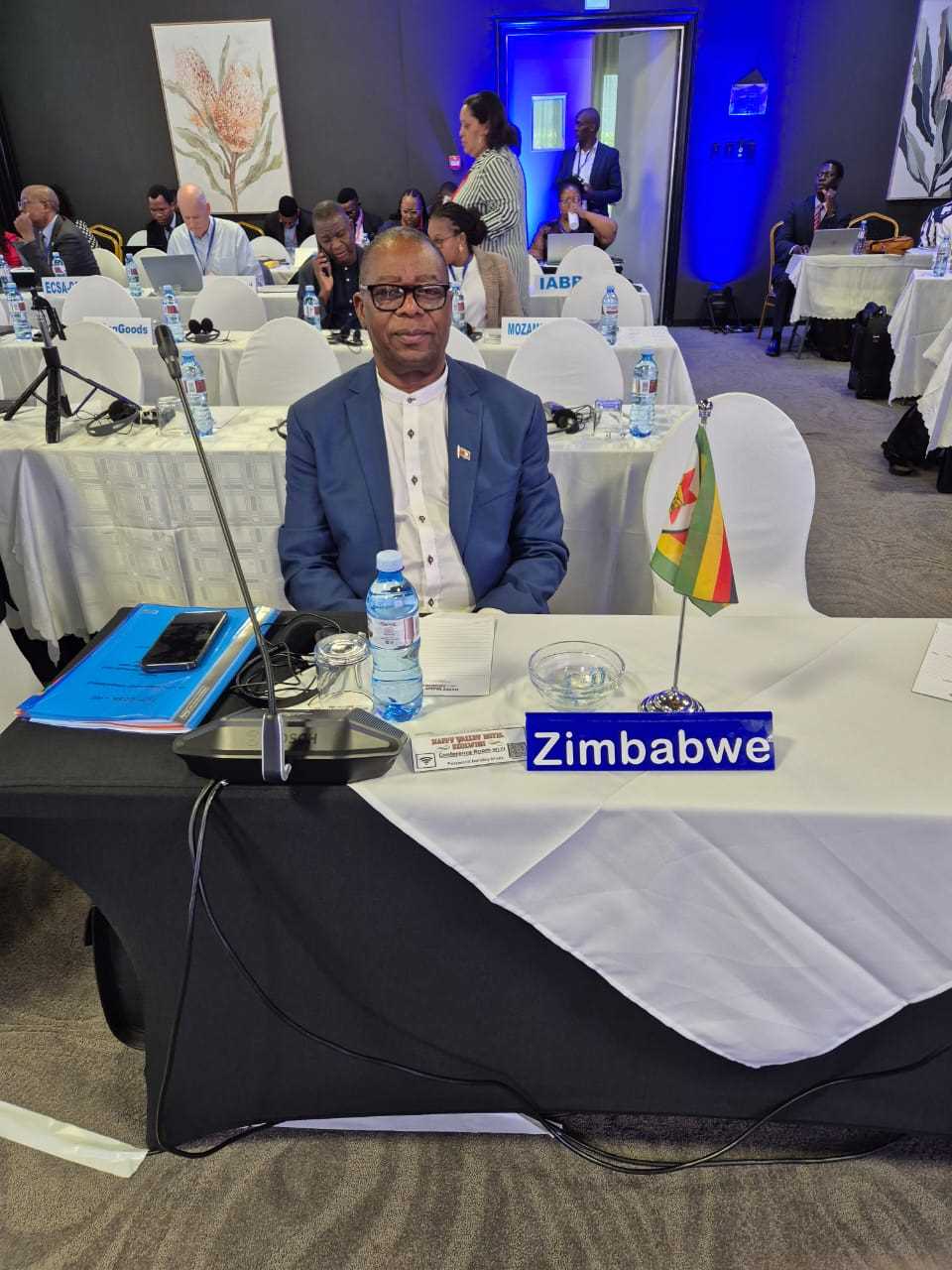



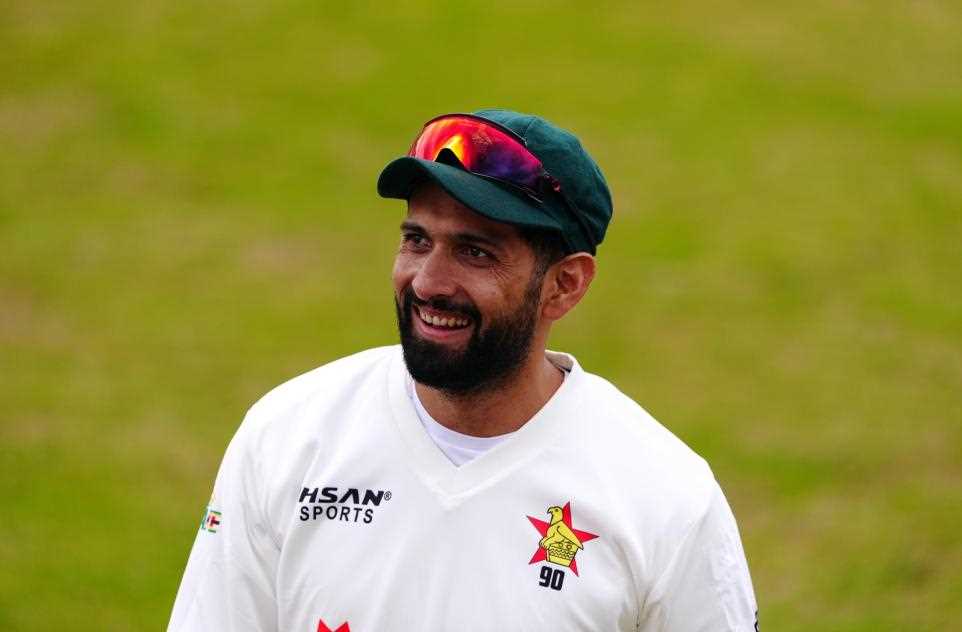



Leave Comments